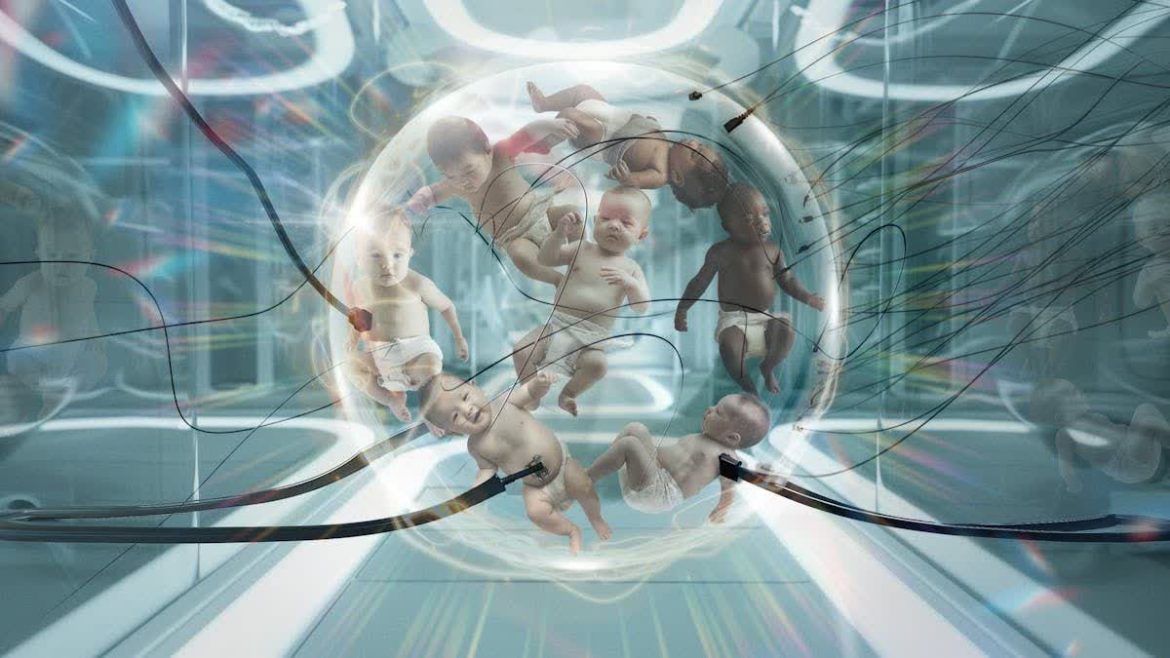In the heart of Silicon Valley, USA, where future technology ideas are tested before entering the real world, American media are reporting on a new revolution beyond artificial intelligence and electric cars: the revolution of “smart embryos.” This technology aims to bring healthier and more intelligent children into the world by altering and selecting the genes of embryos.
A project currently being trialed among wealthy families and the tech elite. What is happening in Silicon Valley today, on the surface, appears to be a scientific and humanitarian effort to treat genetic diseases. However, at its deeper layers, it reflects a long-standing human temptation: the desire for absolute control over nature, life, and even human essence. Technologies like Orchid Health have entered the arena with seemingly beautiful slogans such as “a healthy child is every human’s right.” But in practice, these slogans can take on a different meaning—one where the right to health is replaced by genetic privilege and class-based selection.

In a world where the class gap widens daily, adding superior genes to the list of social privileges means institutionalizing a form of biological discrimination. Technology that was meant to alleviate suffering and cure disease is turning into a tool for reproducing inequality. The heavy costs of these experiments and processes place them out of reach for the majority, transforming them into a luxury accessory for the tech elite and the wealthy—the same people who control social media and the digital economy today and who tomorrow seek to control the genetic future of humankind.
The big question is this: When the birth of a child is no longer the result of love and nature, but the product of computational choices and algorithmic data, what becomes of the concept of humanity? In such a world, concepts like acceptance, natural imperfection, and human diversity lose their meaning. The child becomes a custom-made product, with wealthy parents deciding on higher intelligence, a more beautiful face, or a specific talent.
This quiet transformation is more dangerous than it first appears because it threatens the very foundation of the human experience—the experience of living in incompleteness, in differences, and in the value of imperfections. From an ethical perspective, the embryonic revolution is a critical point in the history of science, where humanity steps from understanding nature to changing and re-creating it. When science moves without ethical guidance, instead of serving humanity, it becomes a tool for dominating it. The main issue here is no longer merely technical or scientific; it is philosophical and human.
Does humanity have the right to alter the genetic structure of future generations? Who decides which traits are desirable and which are not? And if each generation redesigns the next according to its own desires, can we still speak of something called a “natural human”? Perhaps the answers to these questions lie in returning to the core of ethics and human dignity. Scientific progress is only meaningful when it serves the elevation of humanity. What is taking shape in Silicon Valley will undoubtedly lead to a future where humanity is stripped of its true meaning—a world more precise, yet less feeling; more advanced, yet less human!
Zeynab Heidari


